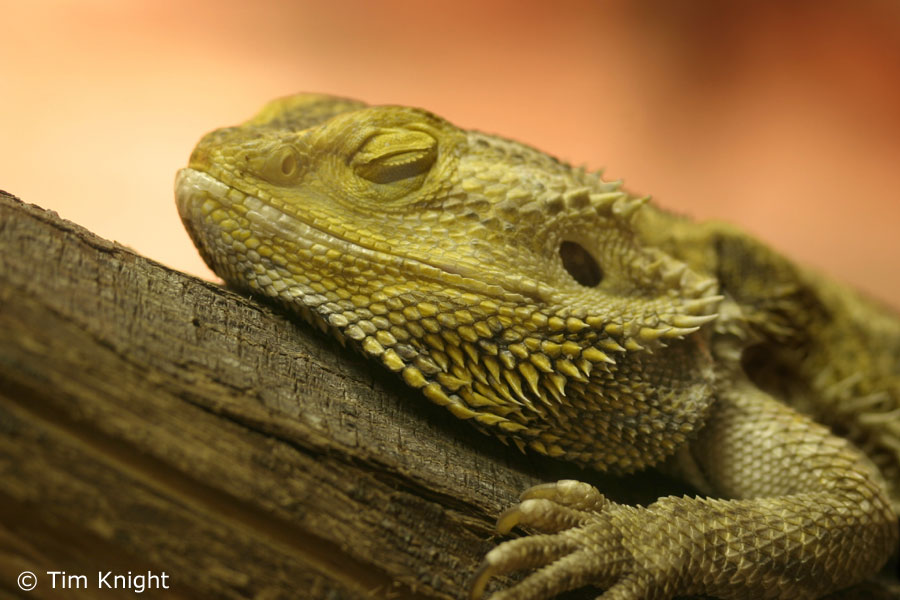Is Your Bearded Dragon Underweight? Here’s What You Need to Know
Introduction
Bearded dragons are fascinating creatures, and owning one can be a rewarding experience. However, caring for one can be challenging and requires a lot of attention. One of the most important things that you should keep an eye on is your bearded dragon’s weight. In this blog post, we’ll discuss the signs of an underweight bearded dragon and what you can do to help them gain weight safely and efficiently.
How to Tell if Your Bearded Dragon is Underweight
When it comes to assessing your bearded dragon’s weight, the first thing you need to do is to determine whether they are actually underweight. A bearded dragon that is a healthy weight will have a firm, muscular body, and their tail base should be wider than their body. In contrast, an underweight bearded dragon will have a visible gap between their tail and body, and their bones may be easily visible.
Other signs of an underweight bearded dragon include sunken eyes, wrinkled skin, lethargy, and a lack of appetite. If you notice any of these signs, it’s important to take action as soon as possible to help your pet.
Reasons Why Your Bearded Dragon Might Be Underweight
There are several reasons why your bearded dragon might be underweight. One reason could be an inadequate diet. Bearded dragons are omnivores and need a balanced diet of vegetables, fruits, and insects to stay healthy. If your pet isn’t getting enough of these nutrients, it can lead to malnutrition and weight loss.

Another reason your bearded dragon might be underweight is due to illness or parasites. If your pet has an underlying health condition, it can cause weight loss and other symptoms. Parasites like worms, mites, and ticks can also cause weight loss and need to be treated by a veterinarian.
How to Help Your Bearded Dragon Gain Weight
If you’ve determined that your bearded dragon is underweight, there are several steps you can take to help them gain weight safely and efficiently.
1. Improve Their Diet
One of the simplest steps you can take is to improve your bearded dragon’s diet. Make sure that they are getting enough protein, calcium, vitamins, and other nutrients from a variety of sources. Offer them a mix of vegetables, fruits, and insects every day, and vary the diet to keep things interesting.

2. Check for Parasites
If you suspect that your bearded dragon has parasites, take them to a veterinarian for a checkup. The vet can diagnose and treat any underlying health conditions and prescribe medications to get rid of parasites.
3. Create the Right Environment
Bearded dragons need a specific type of environment to thrive. Make sure that they have the right temperature, humidity, and lighting in their habitat. A comfortable environment will help your pet feel at ease and encourage them to eat more.
4. Offer Supplements
Supplements can provide additional nutrients that your bearded dragon might be missing from their diet. Calcium and vitamin D3 supplements are particularly important for bearded dragons, as they need these to maintain strong bones and prevent metabolic bone disease.
Prevention is Key
The best way to keep your bearded dragon from becoming underweight is to prevent it from happening in the first place. Make sure that their habitat is suitable, their diet is balanced and varied, and they are getting enough exercise and stimulation. With proper care, your bearded dragon can thrive and live a long, healthy life.
Conclusion
In conclusion, a bearded dragon that is underweight is a cause for concern, but there are steps you can take to help them gain weight safely and efficiently. Improving their diet, checking for parasites, creating the right environment, and offering supplements are all effective ways to help your pet. But the best way to prevent your bearded dragon from becoming underweight is to provide them with proper care from the start.
